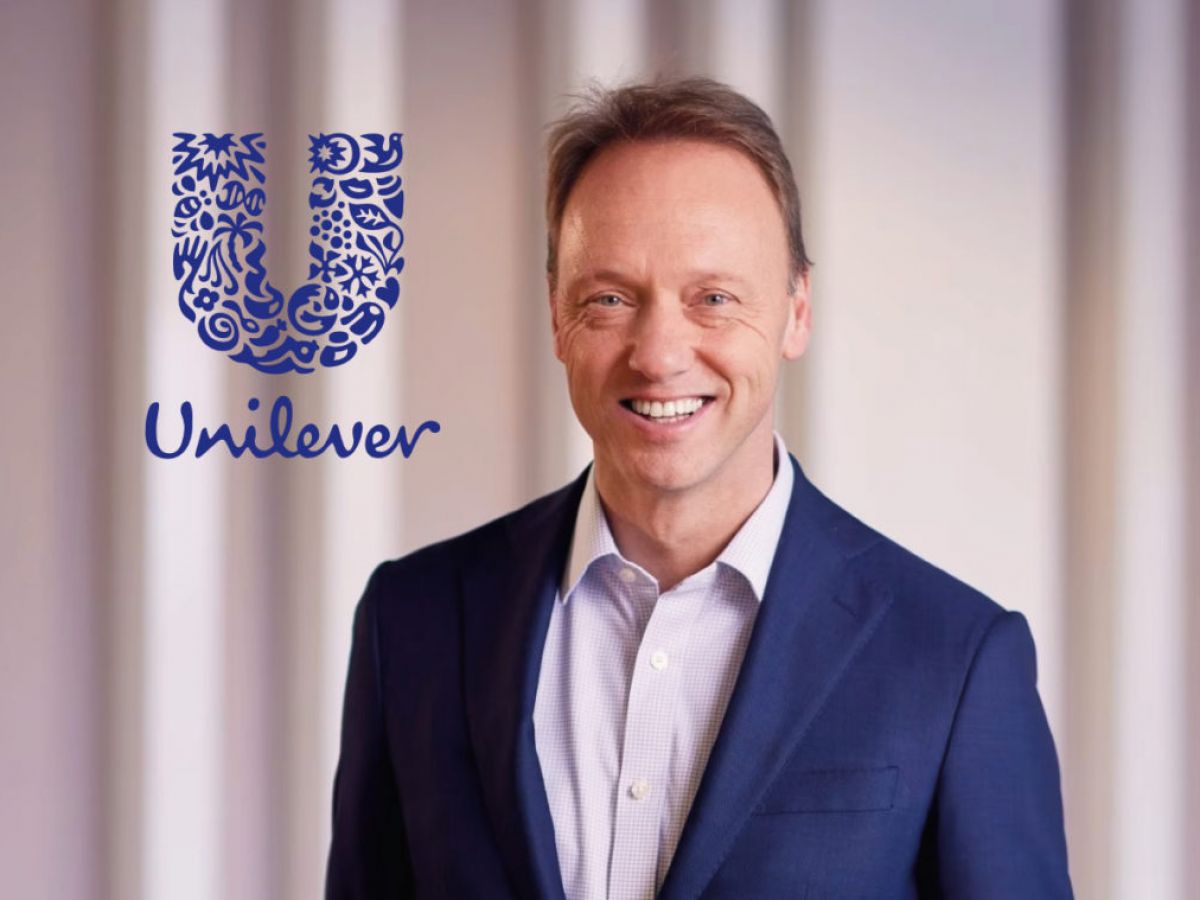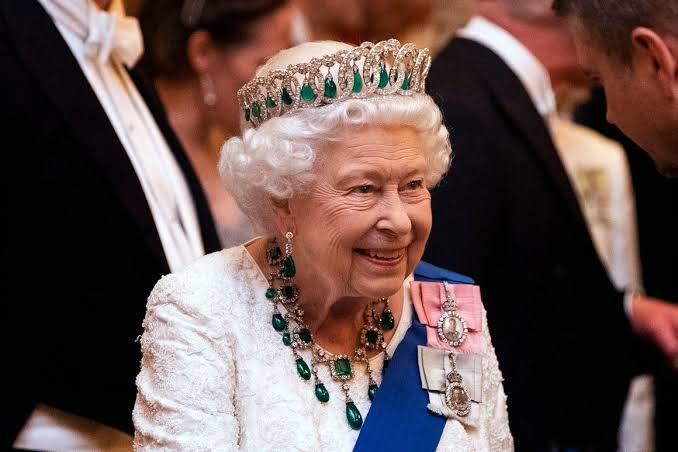In his first address to investors since taking the helm at Unilever, CEO Hein Schumacher revealed his determination to elevate product superiority to a top priority for the company. Amid modest margin growth in the first half of the financial year, Schumacher expressed his enthusiasm for the Fast-Moving Consumer Hoods (FMCG) industry and Unilever’s potential.
“I want to see more of our products performing better than the competition,” Schumacher emphasized during a recent investor call on July 25th. “Our brands should be winning superiority tests week in, week out, and when they are not, we should be taking decisive action.”
Unilever’s latest results showed that less than half of the company’s business (41%) was winning share on a rolling 12-month basis, reflecting the need for improved product performance in the highly competitive market.
Under the previous CEO, Unilever faced criticism from investors who claimed that the company prioritized brand purpose over product. Schumacher’s arrival signaled a shift in focus towards ensuring the quality and competitiveness of Unilever’s products.
Apart from product superiority, Schumacher also highlighted the importance of innovation and sustainability, which will remain key areas of focus during his tenure as CEO. He expressed his commitment to continuing Unilever’s new business structure, introduced last year, which divides the company into five category-orientated business groups, including ice cream, nutrition, and personal care.
“We want to strengthen a performance culture at Unilever,” Schumacher affirmed.
The new business structure has enabled Unilever to make more significant investment decisions, as exemplified by its personal care business sponsoring the FIFA World Cup, a global investment made possible by the streamlined organizational setup.
During the first half of 2023, Unilever invested an additional €400m in marketing, with a primary focus on consumer-facing media. This investment followed last year’s commitment to increase marketing spending by €500m, demonstrating the company’s dedication to supporting its brands as it ushers in a new era of leadership.
While gross margin expansion remains a priority for Unilever, the company is equally committed to investing in its brands. Unilever reported a profit of €5.2bn (£4.5bn) for the six months ending June, a 3.3% increase compared to the same period last year. The gross margin also improved by 30 basis points year over year, signaling a strong emphasis on pricing and cost savings.
However, despite the improvements, the current gross margin is still 270 basis points below 2019 levels. Unilever’s underlying sales growth of 9.1% was driven by pricing actions, with a 0.2% sales decline offset by a 9.4% price increase.
While the results were deemed “solid but uninspiring” by Charli Huggins, manager of the quality shares portfolio at Wealth Club, there is an acknowledgment that Unilever has room for further improvement, particularly in Europe, where volume sales saw a sharp decline of 9.7%.
As Unilever enters this new phase under Hein Schumacher’s leadership, investors will be closely watching how the company’s renewed focus on product superiority and margins translates into greater competitiveness and value creation in the FMCG industry.






Comment
No comments found.